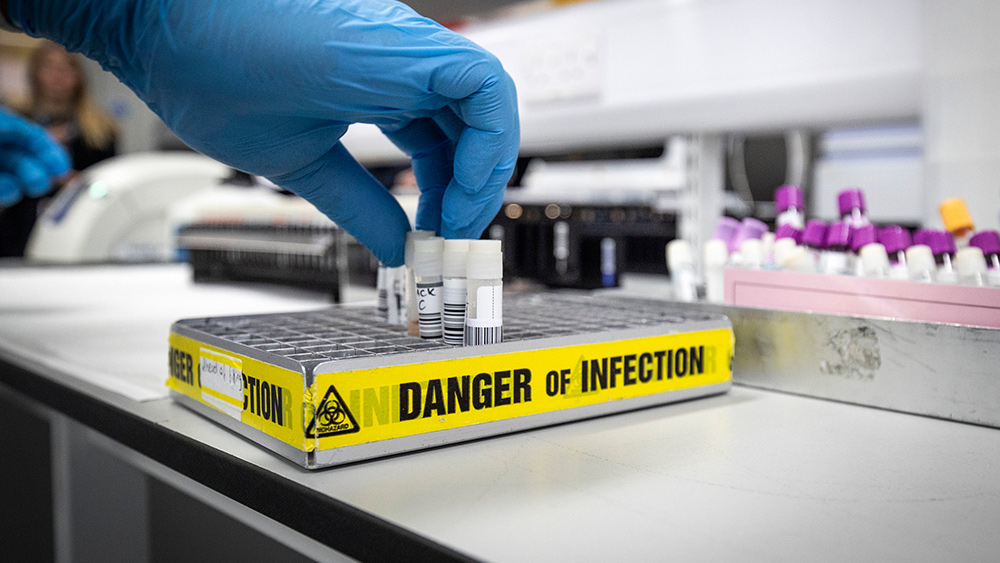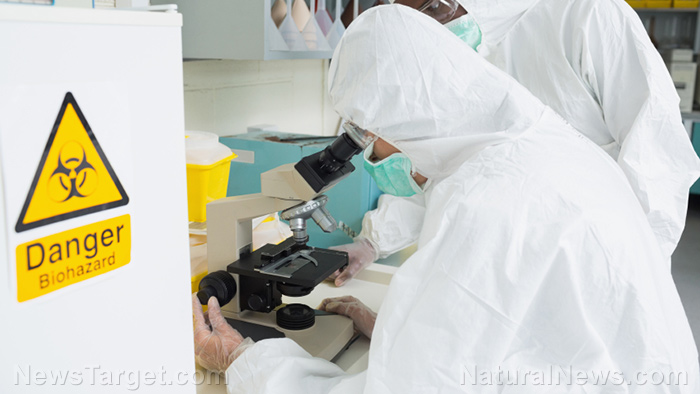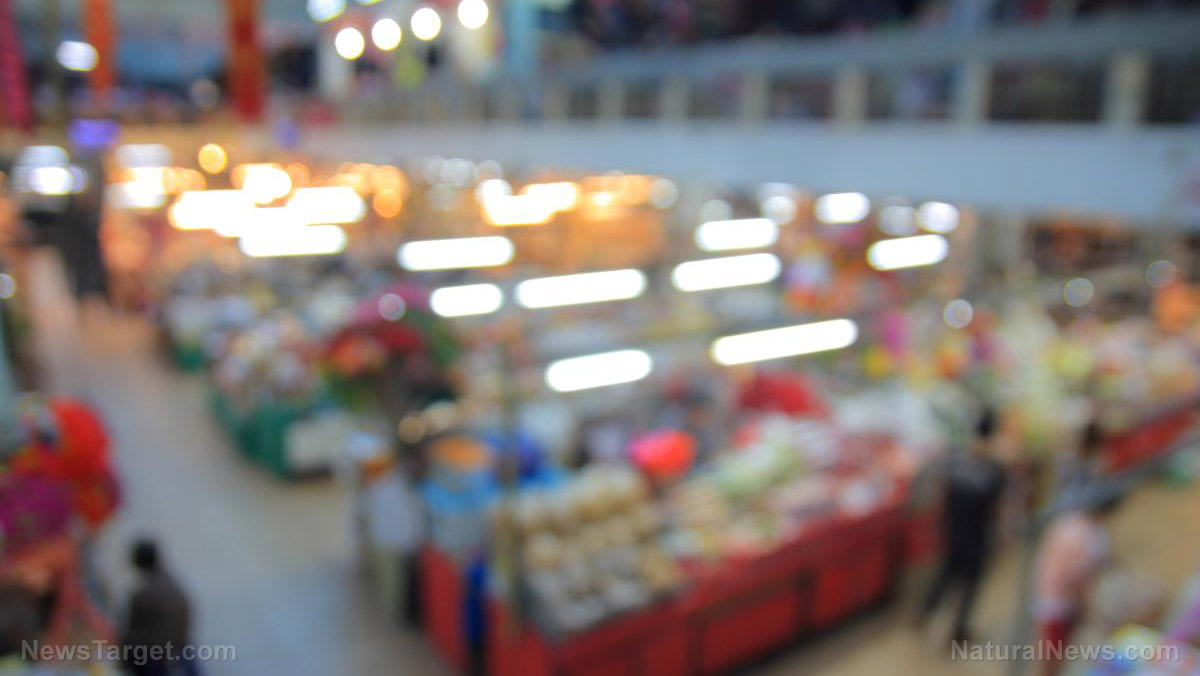
A federal report outlining the possibility of the Wuhan coronavirus (COVID-19) leaking from a laboratory sat for five months before it reached the State Department. The Lawrence Livermore National Laboratory (LLNL) prepared the study in May 2020 – but it only reached the department last October. Because of this revelation, questions about whether officials suppressed the report have surfaced.
The LLNL's "Z Division" intelligence unit was responsible for producing the classified report. The document scrutinized both the theory of SARS-CoV-2 escaping a laboratory and the pathogen naturally crossing over from animals to humans. It concluded that both scenarios were plausible and could not be ruled out. Had the Z Division's report reached the State Department in time, it would have made a significant impact on the debate about COVID-19's origins.
In an email to Washington, D.C. television station WJLA 7, LLNL Public Affairs Director Lynda Seaver confirmed that the Z Division report did exist. She wrote: "Because the report … is classified, it would be inappropriate for our lab to discuss this." Seaver added that the laboratory "will not be commenting on [the] issue" of the report facing delays in its distribution to other government agencies.
LLNL scientist Dr. David Rakestraw is one of those involved in the preparation of the classified report. Outside his role in the report, he coordinated the facility's COVID-19 technical response. Rakestraw told Quest Science Center Chief Learning Officer Caleb Cheung in an interview: "The thing that I've worked on probably the hardest [is] being able to respond rapidly to biological threats as they appeared. We were focused on both the potential for natural occurrences like the most recent COVID-19 [pandemic], but also on the potential for adversaries to use advances in biotechnology to create novel threats that we wouldn't have vaccines for."
Because of Rakestraw's involvement in the classified report, three Republican lawmakers in the House of Representatives Committee on Energy and Commerce sent a letter to LLNL Director Kimberly Budil. The May 11 letter demanded that Rakestraw appear before Congress to conduct a classified briefing on the Z Division report. The correspondence set a May 25 deadline for response, but it was not immediately known if the briefing did push through.
Biden administration tapped the LLNL to help out in its probe of COVID-19's origins
The 7,900-strong LLNL is largely funded by the Department of Energy's National Nuclear Security Administration, having an annual budget of $2.5 billion. Meanwhile, the secretive Z Division was established in 1965 to study Soviet nuclear weapons programs. It eventually expanded its scope to include biological and chemical weapons programs.
A person privy to the classified document said it made a strong case for further scrutiny into the laboratory leak theory. House Committee on Foreign Affairs ranking member Rep. Michael McCaul (R-TX) echoed the earlier individual's sentiments. He said in a statement: "From what I have seen and read, you absolutely cannot dismiss the notion that the Wuhan Institute of Virology lab is a potential source of the virus. And if you listen to the leaders in the previous and current administrations, they have said exactly the same thing." (Related: Rep. McCaul calls COVID-19 pandemic "worst cover-up in human history.")
The Z Division report also influenced the State Department's own probe, led by then-Secretary of State Mike Pompeo, last fall. According to The Wall Street Journal, the department asked for additional information after it received the classified study in late October 2020. This was confirmed by a timeline from the State Department's Bureau of Arms Control, Verification and Compliance obtained by the news outlet. However, the current administration ordered the closure of the Pompeo-led probe – to much criticism. (Related: CNN blasts Biden for shutting down probe in to Covid’s Chinese origins.)
In response, President Joe Biden ordered a new investigation on the lab leak theory. He said in a May 26 statement that he has asked the intelligence community to "redouble [its] efforts to collect and analyze information" on the theory. Biden added that he has also tapped national laboratories – including the LLNL – to augment intelligence efforts on the matter.
The president also reiterated that the U.S. will continue working with its worldwide partners in pressing China to "participate in a full, transparent [and] evidence-based international investigation" and "provide access to all relevant data and evidence." Secretary of State Anthony Blinken echoed Biden's sentiments and called for transparency from the Chinese government. He said in a June 6 interview: "What the [Chinese] government didn't do in the early days – and still hasn't done – is [to give] us the transparency we need."
Visit Pandemic.news to read more articles about investigations on the origins of COVID-19.
Sources include:
Please contact us for more information.



















